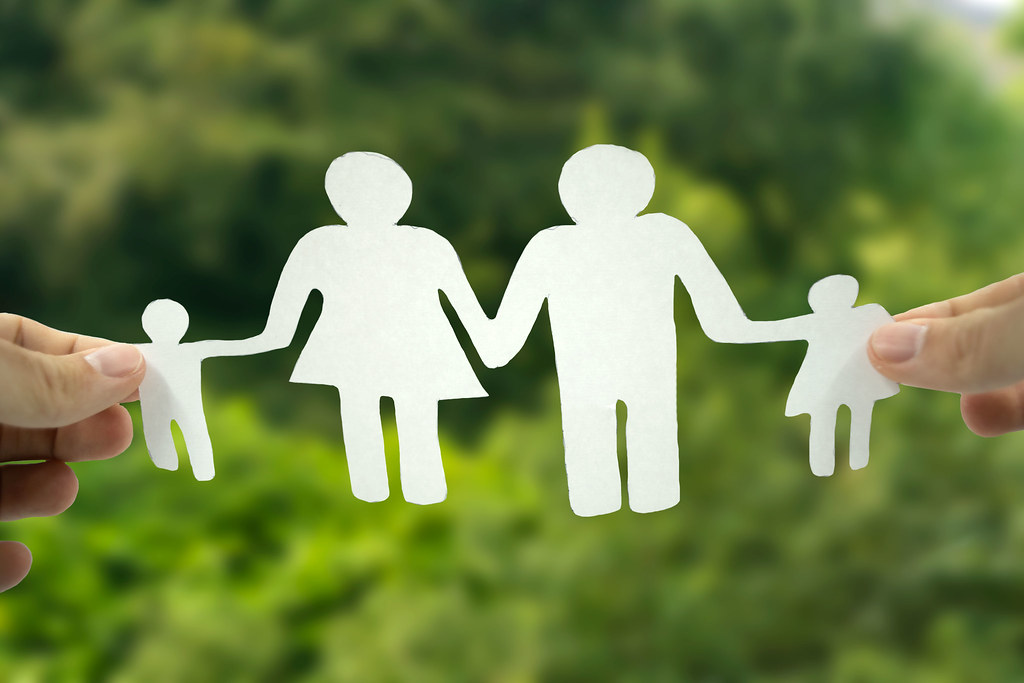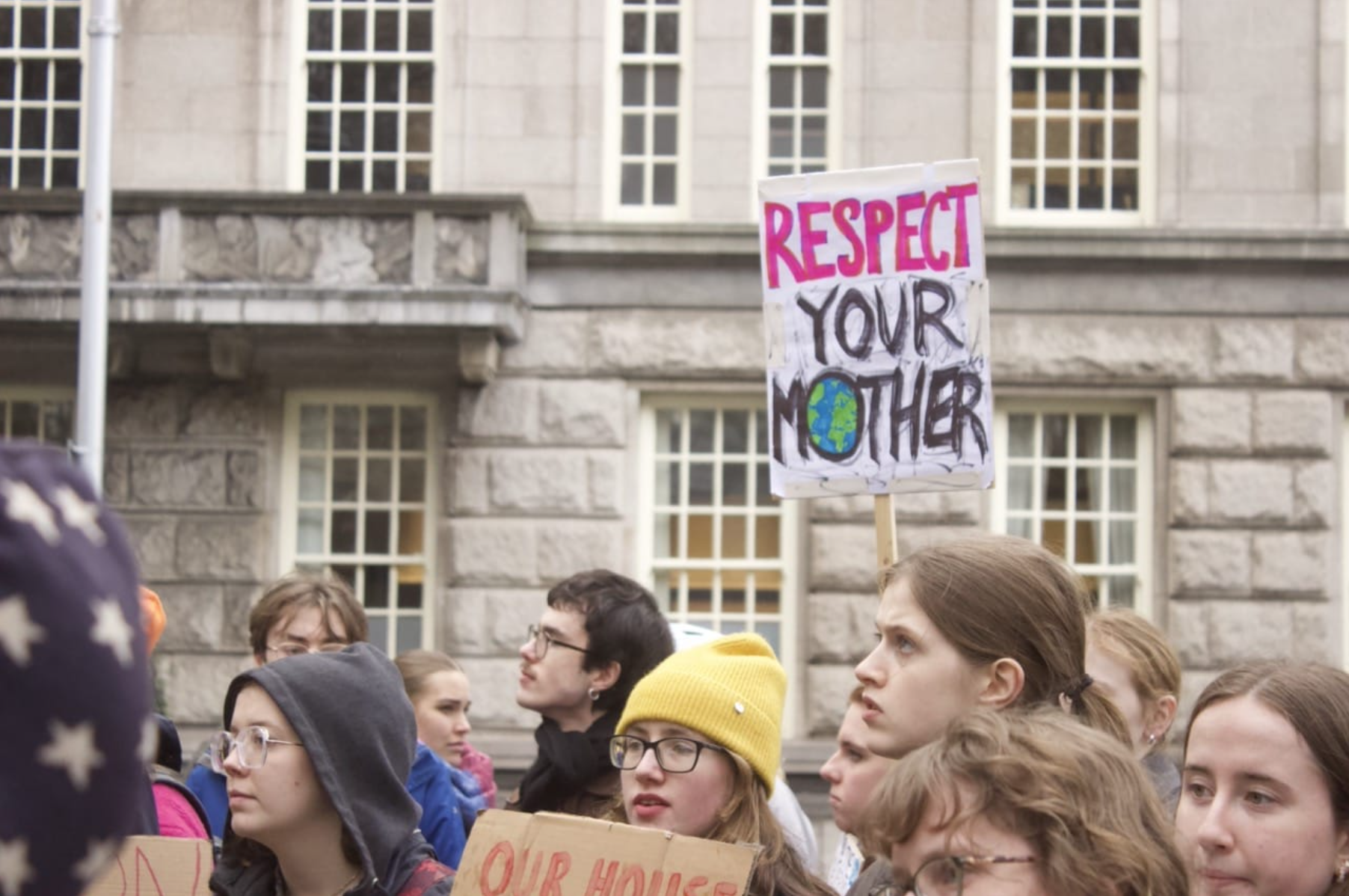A woman who made her living giving others parenting advice has recently had her parenting come under harsh scrutiny. Last month, a Utah mother of six was charged with six counts of felony child abuse after her twelve-year-old son escaped from her property and knocked on a neighbour’s door asking for food and water. He was malnourished and injured.
Compilations of Ruby and Kevin Franke’s extreme parenting techniques have circulated for years. So, after hearing that the former was finally being brought to justice, much of the internet felt a collective sigh of relief. From Reddit snark threads to Change.org petitions demanding CPS investigations, the Frankes’ reputation for moralistic and overbearing parenting preceded itself and has long been a topic of conversation. But, at what point did their cringe become a crime? In a 2020 video, Ruby and Kevin’s eldest son told viewers that he had been sleeping on a beanbag for seven months, having had his bedroom confiscated as a punishment for playing a harmless prank on a sibling. Ruby also filmed herself saying that her six year old daughter ‘needed’ to go hungry after accidentally leaving her lunch at home. The 8 Passengers’ digital footprint is incredibly damning. However, for every critic of the channel, there was also a fan or at least a neutral viewer. Experts have hypothesised that family vlogging’s popularity ‘reflects a modern anxiety among parents that can lead them to seek out radical and harmful solutions’ however this cannot explain the success of more moderate and mainstream family channels. In my opinion, our human fascination with the quotidian, propensity for nosiness and insatiable appetite for scandal contextualise the popularity of the YouTube subgenre. Jiu Chun-Lee (no pronoun preference) suspects that most people do not critically think about their consumption as ‘it’s meant to be escapist entertainment that they should be able to consume casually’. But regardless of why we watch family vloggers, the more important question is whether we should.
The allegations against Ruby Franke are the latest in a string of family vlogging scandals. Previous offenders include The Ingham Family hailing from the UK and The Shaytards who are credited as founding fathers of the phenomenon. The common denominator? Parents filming their children, for the public and for profit. Of course plenty of parents in family vlogging have pure intentions. Spending more time with their children, wanting to start a college fund or take them on more holidays – to name a few. Time Magazine even called family vlogging ‘the ultimate family business’. But where there’s money to be made, there is also potential for exploitation.
Writing for Vice in 2016, Emalie Marthe characterised the well-trodden, ill-fated trajectory of child stars as ‘cute kid stars in movies, faces horrors behind the scenes, turns to drugs, alcohol, or other unsavoury coping mechanisms to deal with waning adult celebrity, crashes and burns for the world to see’. Accompanying her observation is an admission that this course is not irrevocably assured, many stars emerge from early fame unscathed. The first stage of Emalie’s parable, and in some cases the second also, bears a striking resemblance to the premise of family vlogging. Except the ‘cute kid’ is a daughter or son and the ‘movies’ are vlogs. Society by and large has come to accept a correlation between childhood fame and troubles in later life. This correlation has rightly begun to acquit stars such as Lindsay Lohan, Macaulay Culkin and Drew Barrymore of absolute blame and judgement and, instead, has demanded an assessment and interrogation of the unequal power structures in Hollywood which enabled these abuses on such a scale. However, similar analysis of the vlogging industry has not yet taken place – primarily due to its newness. Rolling Stone wrote that ‘the world’s oldest ‘Truman babies’ are now hitting their teens’ and there is truth to this pop culture allegory. As it stands, we do not have a sample of post-family vlogger adults from whom we can draw conclusions. Eve Smith (she/her) expressed concerns about this unpredictable factor, ‘We don’t know what we don’t know yet about the future of privacy, cyber security and the legacy of the content. There is no way of knowing what these kids might be used for in the present, or the mark it will carry for them in the future’. Roise Ryan (she/her) similarly speculated on the possible pitfalls, commenting ‘I don’t think kids should have to rely on appreciation and affirmation that is so performance dependent and unstable and coming from unknown sources’. Until child vloggers grow up, we cannot know the outcome for certain. Until then, however, we should regard the testimonies of ex-child stars as cautionary tales of the fates that could be in store for child vloggers.
Perhaps the same money-hungry parents who operated in Hollywood have now migrated to YouTube, a forum with even less regulation and restrictions. Time and time again thumbnails tease children’s tantrums, sickness and even puberty. Embarrassing and deeply personal moments of a child’s life are broadcasted across the internet under the guise of honesty. It’s deeply disturbing that these children are not only humiliated, but are not financially compensated for their involvement either. In August of this year, Illinois passed the USA’s first law aiming to protect child influencers against exploitation by providing financial compensation for minors under sixteen who feature in any form of documentation. Until this precedent is followed, parents remain unchecked and children remain unprotected.
It is also worth reflecting on our personal participation in a diluted descendent of family vlogging, a behaviour captured by the portmanteau ‘sharenting’. The Atlantic found that almost twenty-five per cent of children begin their digital lives when parents upload their sonogram scans to the internet — a habit so normalised that it’s almost a rite of passage in pregnancy. By partaking in this ostensibly harmless behaviour, parents, perhaps unknowingly, begin crafting an online identity for their child before they are even born, yet alone old enough to consent. Thanks to social media’s accessibility, the average parent now has the ability to withhold or share whatever information they see fit. Of course we trust that the majority use their best judgement, however, this cannot be guaranteed.
If there is a remotely positive outcome to be had from family vlogging channels’ wrongdoings, it is that lessons learned will manifest in watertight legislation, protecting children in the future. The industry is currently unapologetic, hiding in plain sight, and this makes those instances of crimes all the more insidious and shameless. Childhood, rightly or wrongly, has always been a profitable market and where there is profit to be made, there must be protection.







